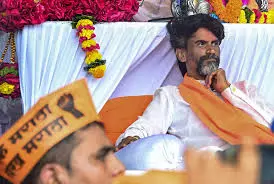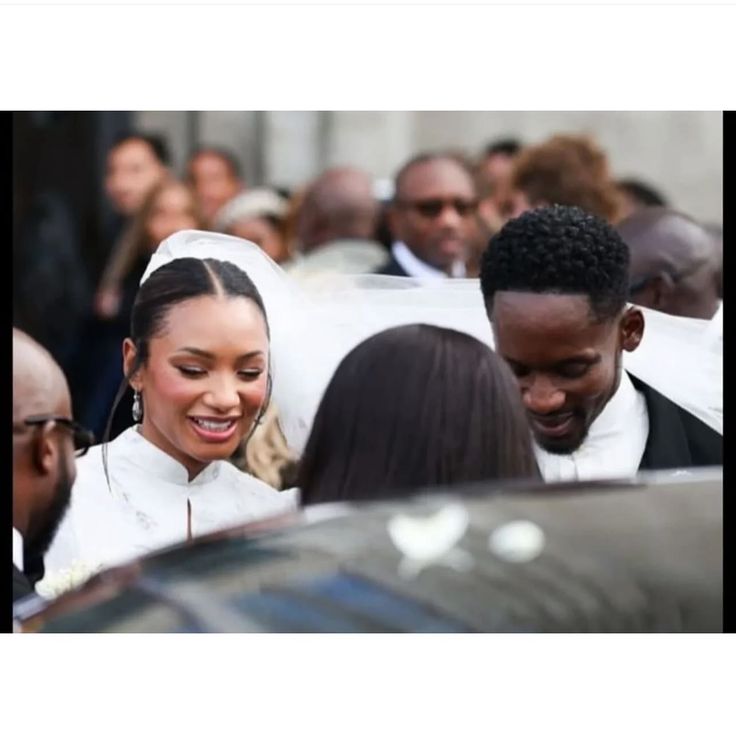Quota Chaos: Maratha Reservation Dispute Grips Maharashtra, Jarange Vows Escalation

Maratha quota activist Manoj Jarange initiated a significant protest in South Mumbai’s Azad Maidan, demanding reservation for the Maratha community under the Other Backward Classes (OBC) category. His core demand centered on granting all Marathas Kunbi caste certificates, which would make them eligible for OBC reservation benefits. Jarange issued a stern warning, stating that if these demands were not met, Maratha community members from across Maharashtra would join the protest by the following weekend. To intensify his agitation, he announced he would begin a hunger strike, refusing even water, starting Monday, marking the fourth day of his protest with no apparent resolution.
Jarange strongly criticized the Mahayuti government, led by Chief Minister Devendra Fadnavis, for what he perceived as its disregard for the Maratha community’s demands. He declared that the “main force — the youth — hasn’t even arrived yet,” anticipating a massive influx of supporters from across Maharashtra. Furthermore, he issued a political warning, asserting that if Marathas withdrew their support, “not even a gram panchayat member from their alliance will get elected,” implying significant electoral repercussions for the Mahayuti alliance in upcoming local elections.
Amidst Jarange's escalating protest, a cabinet sub-committee on Maratha reservation, headed by senior minister Radhakrishna Vikhe-Patil, held a crucial meeting. The discussion involved Maharashtra’s Advocate General Biren Saraf and retired High Court judge Sandeep Shinde, focusing on the legal applicability of historical documents like the Hyderabad and Satara gazetteers to classify Marathas as Kunbis. While Vikhe-Patil acknowledged a Supreme Court observation that Marathas and Kunbis are not the same and this could not be overridden, he stated that discussions remained open to find a solution, granting more time to the legal experts for study.
The protests at Azad Maidan, which saw thousands of Jarange’s supporters block roads and railway stations, caused significant public inconvenience in Mumbai. The Bombay High Court strongly rebuked the Maharashtra government for its failure to clear the protest site, observing that it “could have been vacated ‘forcefully’ to comply with earlier court directions.” The bench, comprising Acting Chief Justice S.V. Chandrashekhar and Justice Aarti Sathe, questioned the State’s reliance on Jarange’s influence to disperse crowds instead of enforcing court orders. The Advocate General’s submission that police announcements were ineffective and only Jarange’s appeal could clear protestors was met with displeasure from the court, which warned of potential action against the State for its conduct and for not informing the court about the massive increase in protest numbers. Jarange’s lawyer, Satish Maneshinde, sought time, assuring no untoward incidents would occur, but the court reiterated that Jarange could not override court orders by continuing his presence beyond the permitted 24 hours.
Despite the initial deadlock and legal challenges, the Maharashtra government eventually accepted most of activist Manoj Jarange's demands. This led to Jarange ending his five-day fast, which he had initiated at Azad Maidan. News of the government's acceptance sparked widespread jubilation, especially in Antarwali Sarati village in Jalna district, which had emerged as the epicenter of the Maratha reservation movement. Supporters celebrated what they termed a “historic victory” with saffron flags, drum beats, and slogans, as Jarange declared triumph after a government delegation conveyed the acceptance of his demands, including granting eligible Marathas Kunbi caste certificates for OBC reservation benefits.
However, the government's decision to accept the Maratha community’s demand for reservation under the OBC category quickly ignited internal tensions within the Maha Yuti government and drew sharp criticism from the existing OBC community. Veteran OBC leader Chhagan Bhujbal notably skipped the weekly Cabinet meeting, signaling his dissatisfaction. He further warned of a potential legal challenge against the Government Resolution (GR) related to the Hyderabad Gazette, which facilitates Maratha reservation, citing ambiguous language and legal implications. Another OBC leader, Laxman Hake, publicly tore a copy of the GR, condemning it as unconstitutional and illegal, and accusing political parties of prioritizing Maratha votes over other communities.
In response to the growing unrest and grievances from OBC leaders, the state government moved to form a new nine-member Cabinet sub-committee. Headed by Revenue Minister Chandrashekhar Bawankule, this panel was tasked with examining the social, educational, and financial status of the OBC community, addressing related issues, reviewing welfare schemes, and ensuring fair representation. The committee also aims to deliberate with protesting OBC leaders to resolve their concerns, as Chief Minister Devendra Fadnavis was also expected to meet with OBC protestors in Nagpur to de-escalate the situation, underscoring the complex and multi-faceted challenges in balancing reservation demands.
You may also like...
From Otedola to Ajibade: Love, Legacy, and the Politics of a Name

Temi Otedola has changed her surname to Temi Ajibade after marrying Mr Eazi, sparking a nationwide debate on feminism, l...
Boxing World Erupts! Canelo vs. Crawford Super-Fight Set to Define Legacies

Boxing history is set to be made on September 13 as two pound-for-pound greats, Canelo Alvarez and Terence Crawford, col...
Nigeria's Super Falcons Reign Supreme! Historic 10th WAFCON Title Ignites National Pride
)
Nigeria's Super Falcons clinched their record-extending 10th Women's Africa Cup of Nations title with a dramatic 3-2 com...
Conjuring: Last Rites Dominates Box Office, Unleashing Horror Havoc!

The alleged finale of "The Conjuring" franchise, "Last Rites," has shattered box office records, becoming the highest-gr...
Who Will Be the Next 007? James Bond Speculation Heats Up!

Speculation surrounding the next James Bond is intensifying, with British actor Mike Dickman emerging as a surprise fron...
2025 MTV VMAs Electrifies Audiences: Full List of Performers, Winners & Record Viewership Revealed!

The 2025 MTV Video Music Awards, broadcast for the first time on CBS, achieved record viewership and social media engage...
African Music Royalty Reigns: Burna Boy & Davido Dominate AFRIMA 2025 Nominations!

The All Africa Music Awards (AFRIMA) 2025 nominations have been announced, following a record-breaking 10,717 entries an...
Fatherhood Dream: Pete Davidson and Elsie Hewitt Expecting First Child

Comedian Pete Davidson and model Elsie Hewitt are expecting their first child, a joyful announcement Hewitt made on Inst...